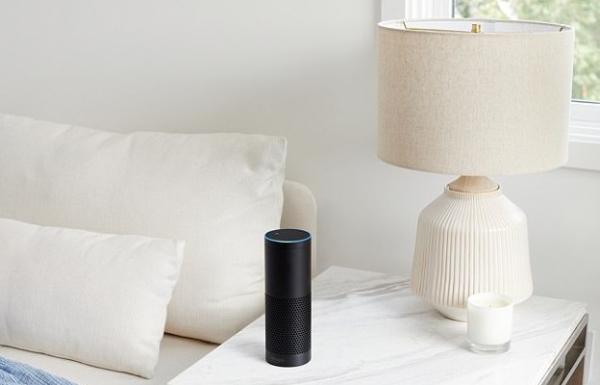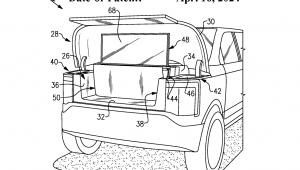My KEF Speakers Sound Much Better than Amazon Echo, But They Can't Save Me From Dying

Smart speakers are pretty impressive. Just a few years ago, only a science fiction author would describe a speaker that could cue up and play Bruckner's 8th symphony, tell you tomorrow's weather forecast, or dim your lights. Today, that is commonplace. But the “smart” part of smart speakers is just getting underway. The truly wondrous applications are just now starting to be realized.
You might recall that an engineering team led by Shyam Gollakota at the University of Washington Allen School of Computer Science and Engineering developed a way to diagnose ear infections using a smart phone. Now this same team has developed a way to detect cardiac arrest using a smart speaker.
As you know, smart speakers such as Amazon's Echo are always listening. Thus they are able to continuously monitor a room for certain sounds. And, when a person suffers cardiac arrest, they likely exhibit an “agonal” gasping sound. You can hear an example of this sound here.
When the smart speaker hears such a sound, it would identify it as a sign of cardiac arrest and call for help. The researchers have tested their software using 911 calls of actual cases of cardiac arrest, as well as recordings of abnormal but not life-threatening sleep sounds collected from sleep labs. The algorithm was able to successfully detect agonal breathing 97% of the time, from a distance of up to 20 feet.
A majority of non-hospital cardiac arrests occur in the bedroom. A smart speaker would be placed there; no additional hardware or attachments would be needed; you would simply enable the skill on your smart speaker. Professor Gollakota is seeking to commercialize the skill through a company called Sound Life Sciences. Clearly, before bringing it to market, the application would have to be thoroughly tested and approved by regulatory agencies.
You might recall that smart speakers currently have problems calling 911. Until this is remedied, this could limit the utility of this invention. I would suggest a workaround. If the speaker detects cardiac arrest, it calls whatever responder is best, 911 or otherwise, and it also tells anyone listening in the room to call 911 or a doctor, and to start administering CPR, with instructions on how to do it. The person may not be trained, but an untrained effort may be better than waiting for help to arrive. I hope the liability question of issuing such instructions doesn't prevent this measure from being implemented. Even if the speaker is able to call 911, verbal instructions might be helpful.
Smart speakers are in their infancy. We are already well past the idea of them as being merely speakers. The term “speaker” is as obsolete as the term “phone.” Smart speakers will always produce sound, but that will be a trivial part of the functions they will perform, good and bad, in our daily lives.





























































